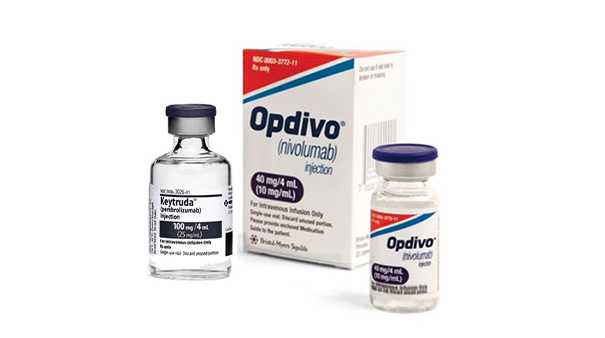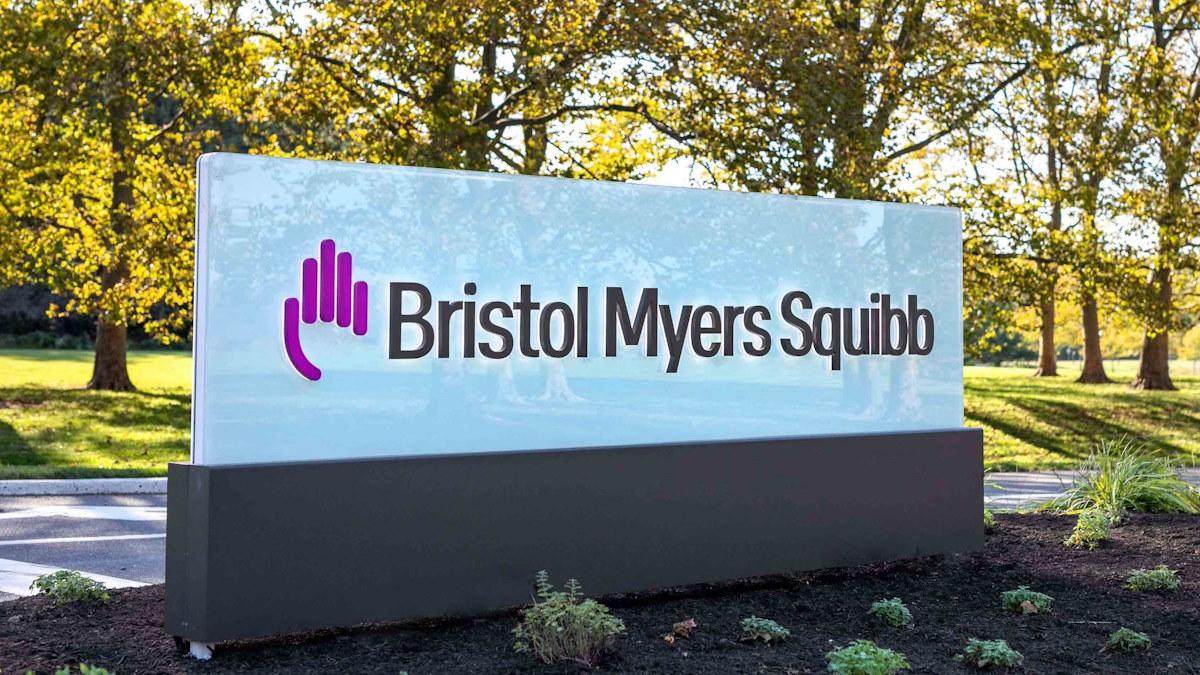BMS' Opdivo gets late-stage oesophageal cancer nod from FDA

The FDA has cleared two combination drug regimens based on Bristol-Myers Squibb's PD-1 inhibitor Opdivo for previously-untreated advanced oesophageal cancer, encroaching on territory held by Merck & Co's rival Keytruda.
The pair of new approvals are based on the results of the CheckMate-648 trial, and are for Opdivo (nivolumab) paired with chemotherapy or BMS' CTLA4 inhibitor Yervoy (ipilimumab) as first-line therapy for advanced or metastatic oesophageal squamous cell carcinoma (ESCC) that can't be treated with surgery.
In the phase 3 study – said the be the largest for any immunotherapy in ESCC – both regimens were shown to improve overall survival when compared to chemotherapy alone in these patients.
Opdivo is already FDA-approved as a second-line treatment for use after prior fluoropyridimine- and platinum-based chemotherapy in ESCC, as well as for post-surgery (adjuvant) treatment of patients with oesophageal and gastroesophageal junction (GEJ) cancer after pre-surgery (neoadjuvant) chemo.
The new approval puts BMS in contention with Keytruda (pembrolizumab) in the first-line advanced ESCC category, as Merck's drug has been approved in combination with chemotherapy in both ESCC and GEJ cancers since March 2021, based on the results of the KEYNOTE-590 trial.
The broader indication means that Opdivo may find it a challenge to displace Keytruda, although having two different regimens available for BMS' drug could unlock a niche in patients with unresectable tumours who may not be eligible for chemo.
That competition aside, the availability of both Keytruda and Opdivo regimens is a big step forward for metastatic ESCC patients and their oncologists who until the last few months had few treatment options other than chemotherapy.
For decades it has been practically impossible to improve on 12-month overall survival in these patients, but immunotherapies have unlocked some modest but clinically important improvements.
For Opdivo plus chemo, OS was 13.2 months versus 10.7 months for chemo alone, and 15.4 months versus 9.1 months in patients whose tumours expressed PD-L1 at a level of 1% of more.
For Opdivo plus Yervoy, OS came in at 12.8 months for the combination compared to 10.7 months with chemo, and 13.7 months and 9.1 months respectively for the PD-L1-positive group.
In the Keytruda study, the combination with chemo was associated with OS of 12.4 months compared to 9.8 months with chemo alone.
"Today brings welcome news for many advanced or metastatic oesophageal squamous cell carcinoma patients and oncologists," said Jaffer Ajani of MD Anderson Cancer Centre, CheckMate-648's lead US investigator.
"Unresectable advanced or metastatic oesophageal squamous cell carcinoma is a challenging disease, and there's a need for additional treatment options that may extend survival in the first-line setting," he added.













